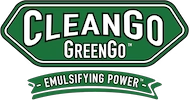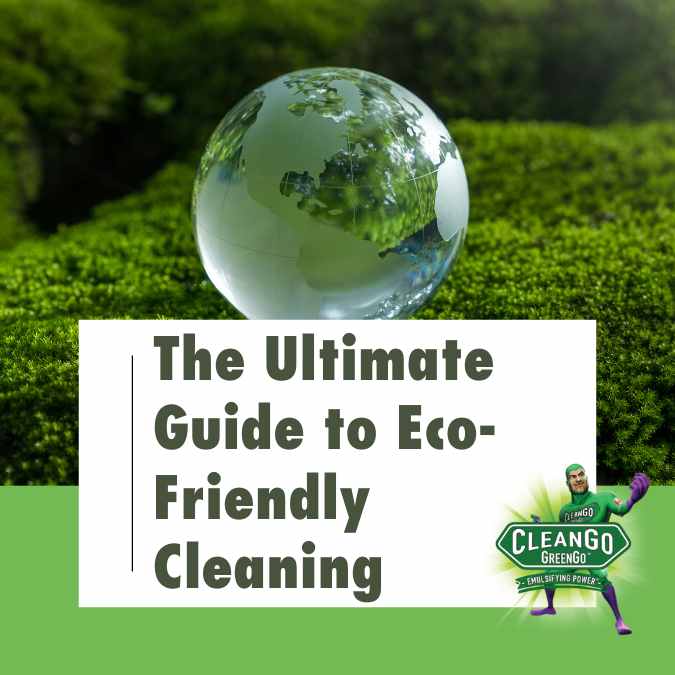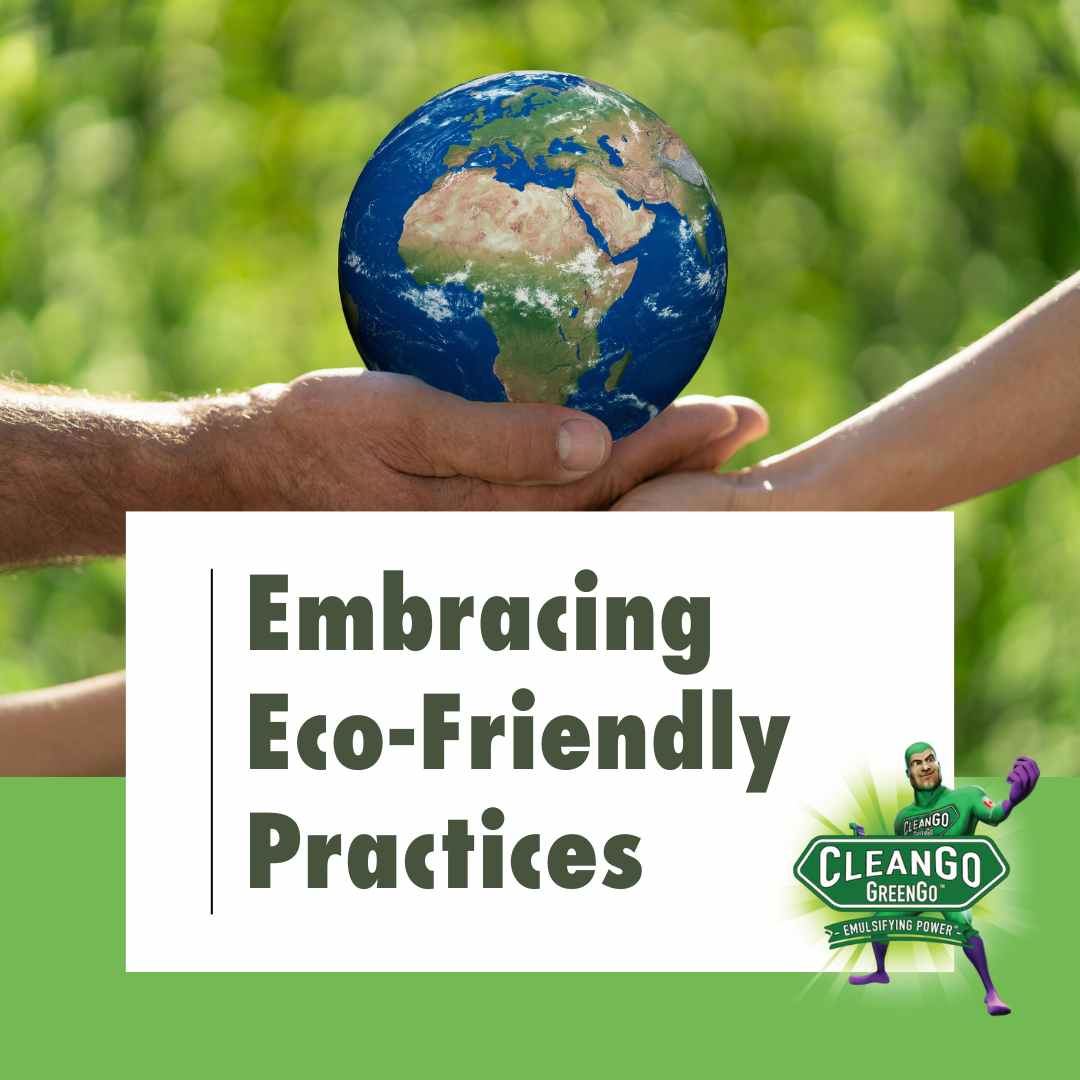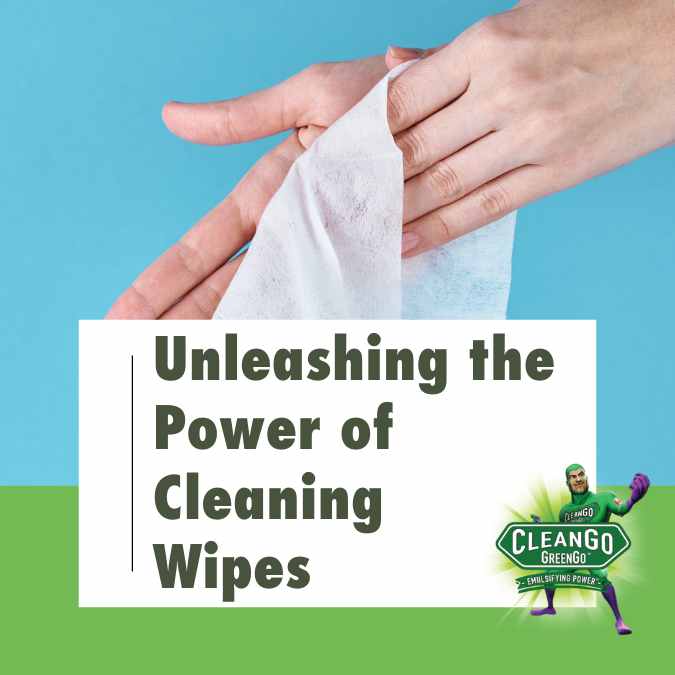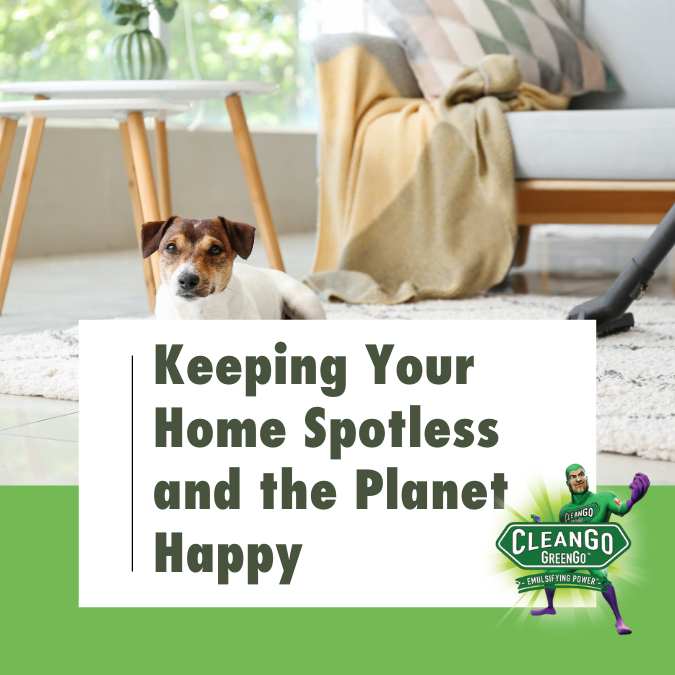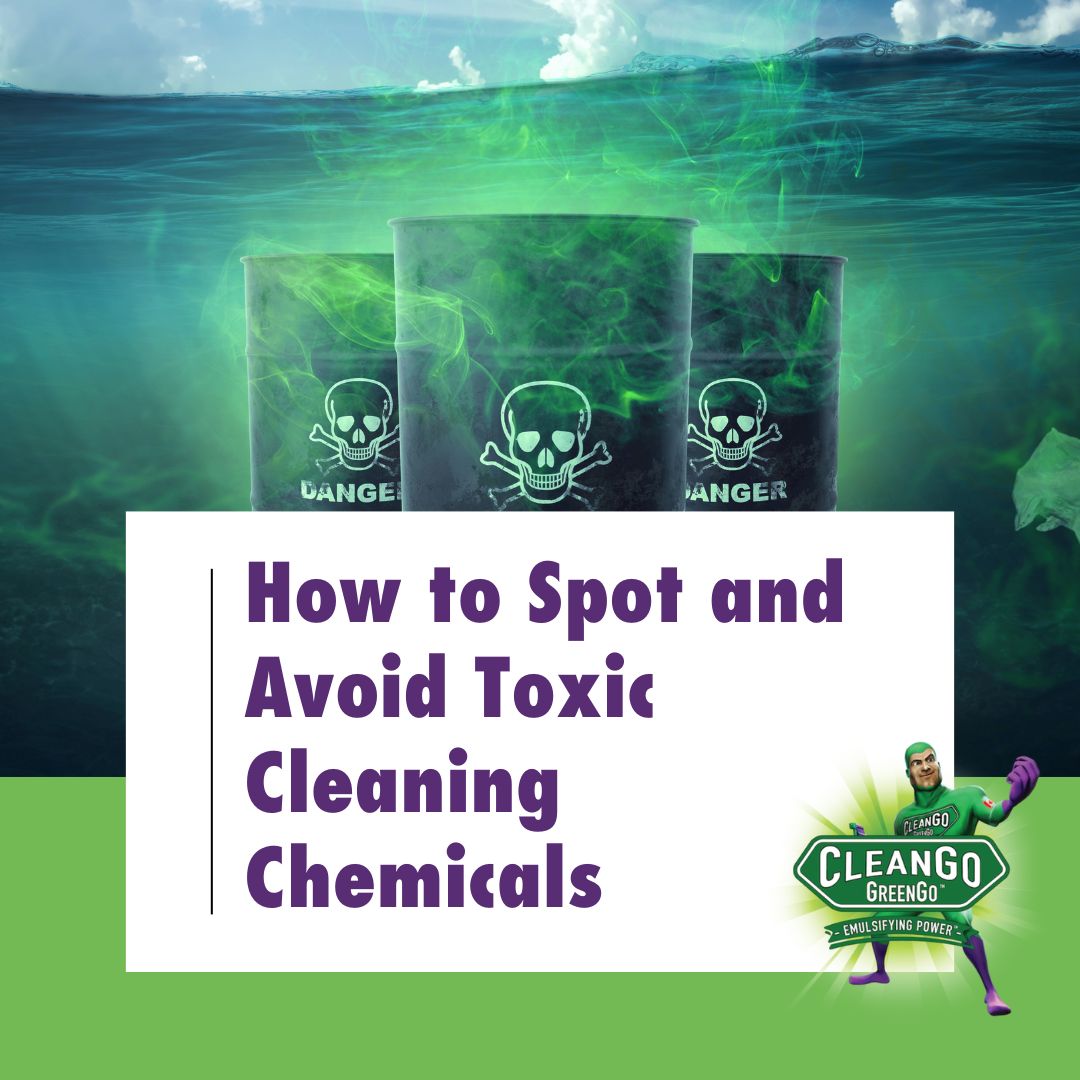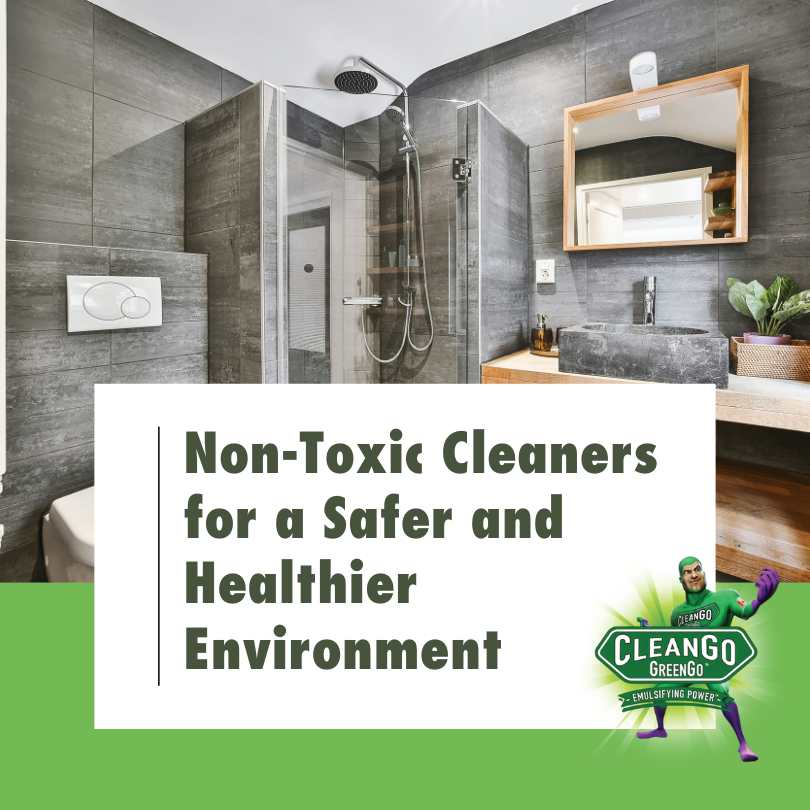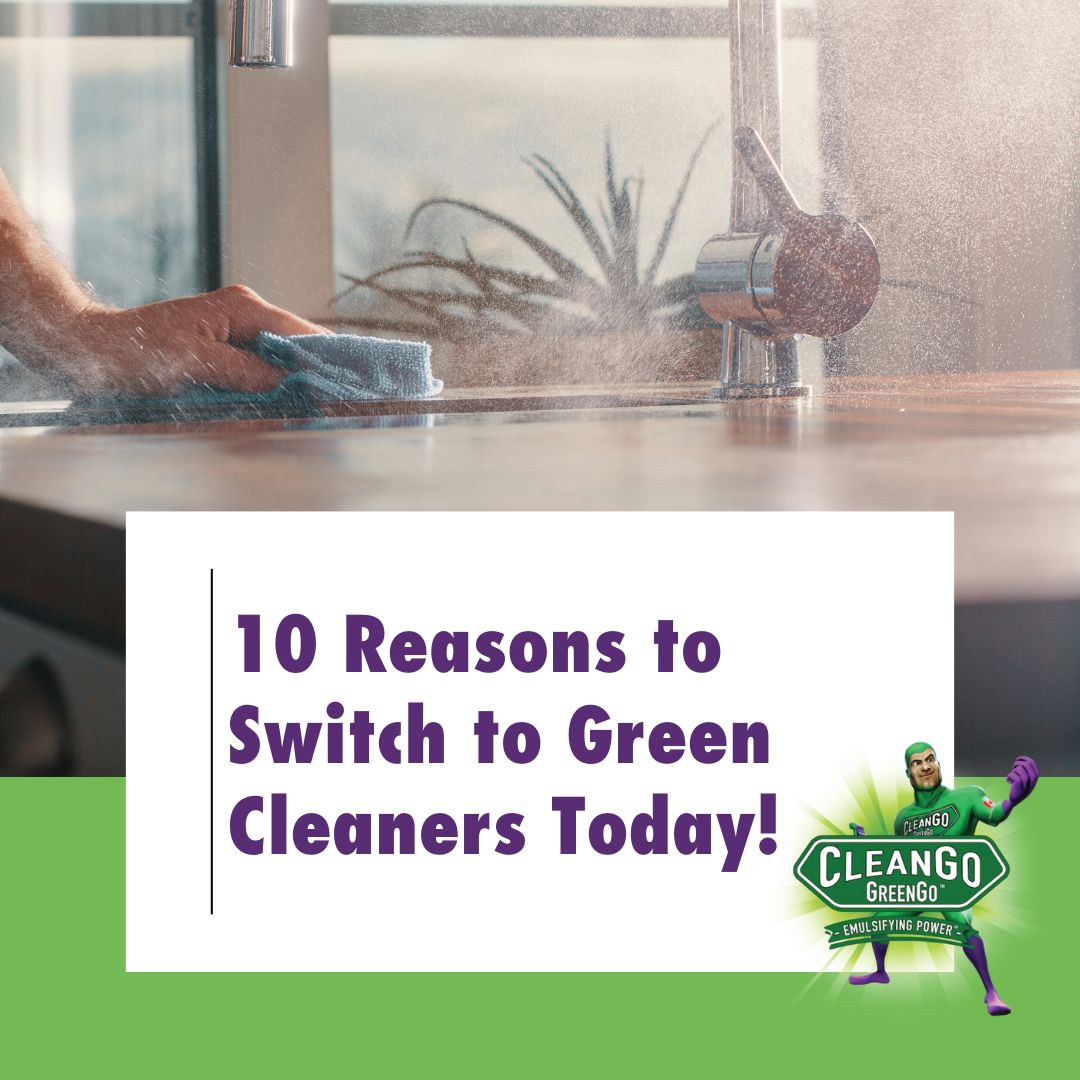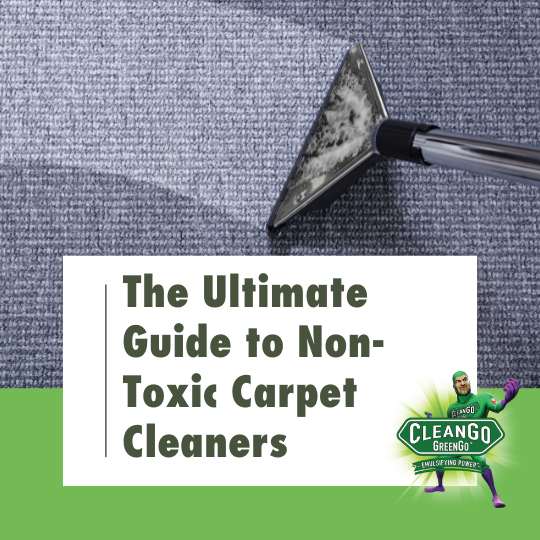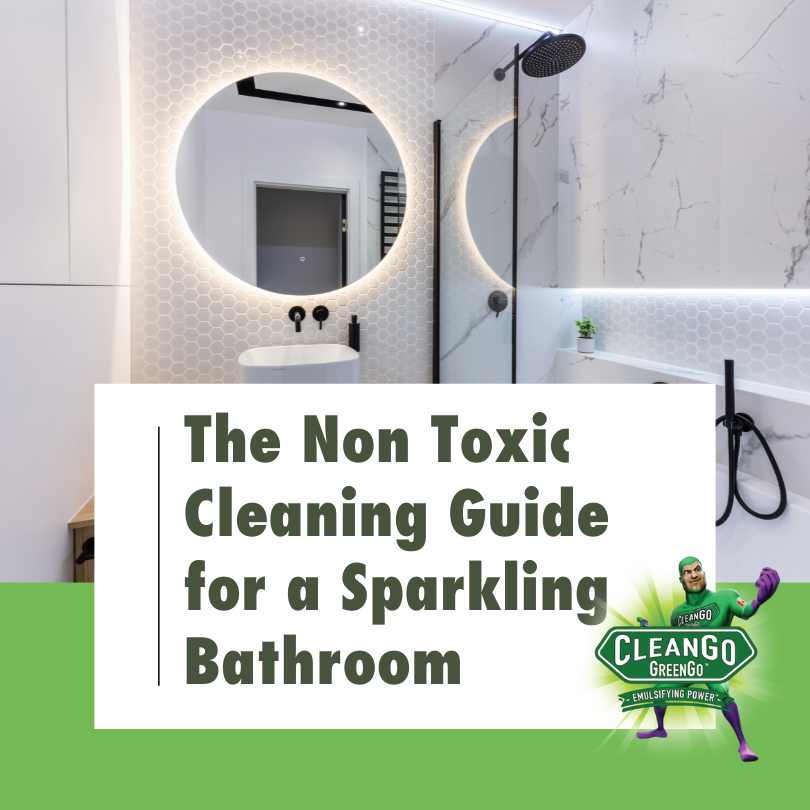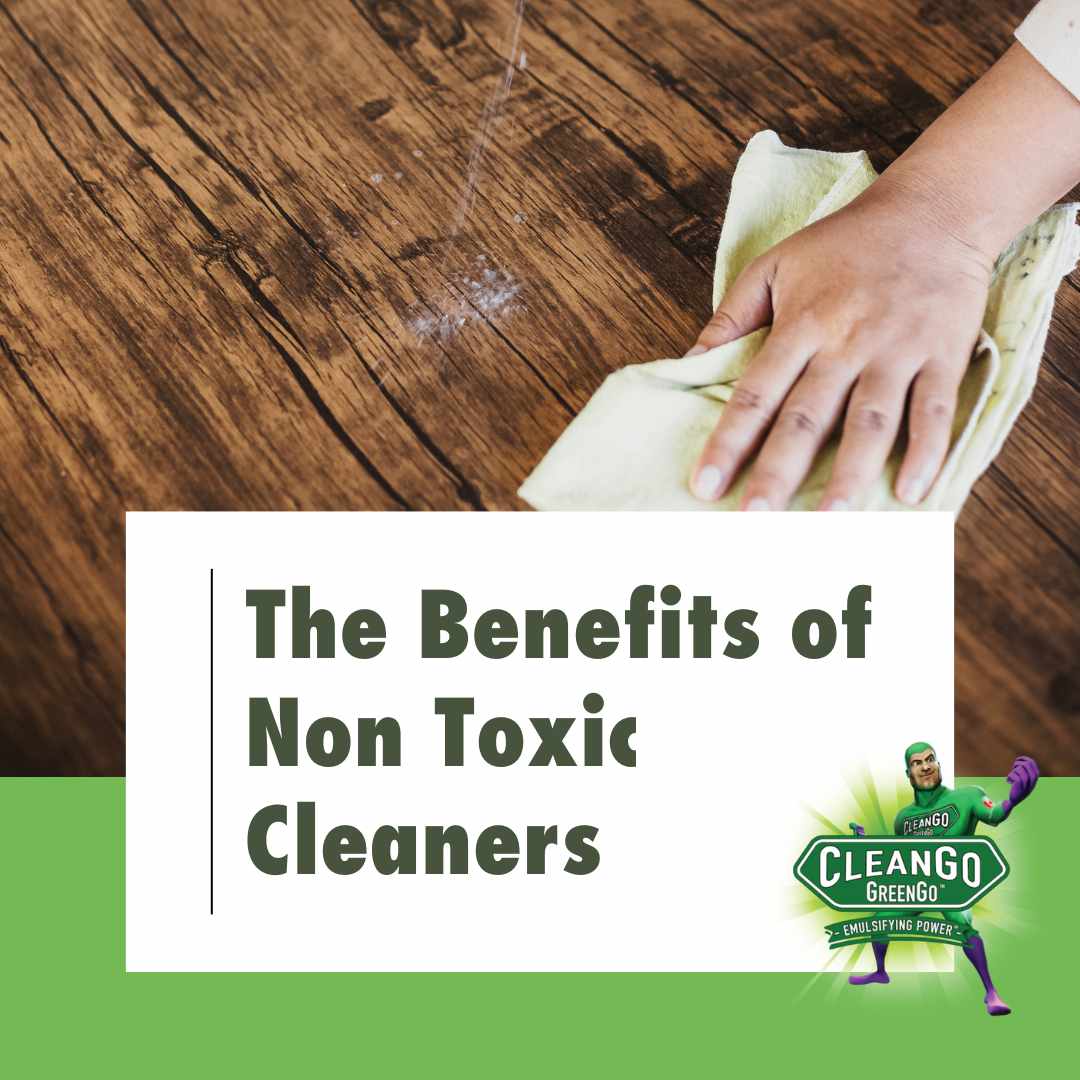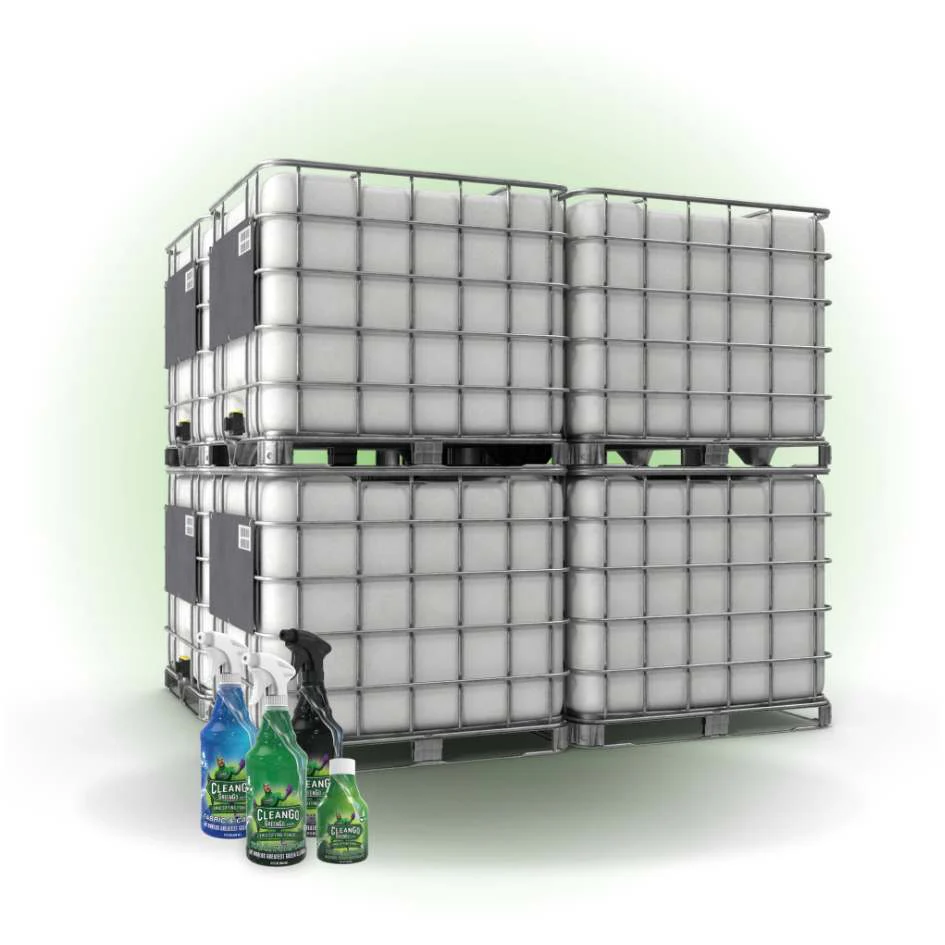Are you looking for ways to create a cleaner, greener home? Look no further! In this comprehensive guide, we will walk you through everything you need to know about eco-friendly cleaning and how to choose the best eco cleaner for a sustainable home.
With the increasing focus on sustainability and environmental concerns, it’s no wonder that more and more people are turning to eco-friendly cleaning products. These cleaners are designed to be effective while minimizing their impact on the environment. But with so many options out there, how do you know which one is best for you?
That’s where we come in. In this guide, we will explore the different types of eco cleaners available and their benefits, as well as provide tips on how to choose the right one for your specific needs. We will also share some DIY recipes for those who prefer to make their own cleaners at home.
By the end of this guide, you’ll be well-equipped to make informed decisions about how to keep your home clean and green. So let’s get started on your journey towards a more eco-friendly lifestyle!
Why choose eco-friendly cleaning products?
When it comes to cleaning our homes, most of us want products that are effective and safe for our families. This is where eco-friendly cleaning products come in. Not only are they designed to be just as effective as conventional cleaners, but they also minimize their impact on the environment.
One of the main reasons to choose eco-friendly cleaning products is that they are made from natural and non-toxic ingredients. Conventional cleaning products often contain harmful chemicals that can have adverse effects on our health and the environment. By choosing eco-friendly alternatives, you can reduce your exposure to these harmful substances.
Another benefit of eco-friendly cleaning products is that they are often produced using environmentally sustainable practices. Many eco cleaners are made from renewable resources and are biodegradable, meaning that they break down naturally without causing harm to the environment.
Furthermore, using eco-friendly cleaning products can help reduce air and water pollution. Conventional cleaners often contain volatile organic compounds (VOCs) that can contribute to indoor air pollution and can be harmful when released into the environment. Eco cleaners, on the other hand, are typically free from these harmful substances, making them a safer choice for both you and the planet.
Understanding eco-friendly cleaning and its impact on the environment
Eco-friendly cleaning goes beyond simply using products labeled as “green” or “natural.” It involves understanding the impact that cleaning products can have on the environment and making choices that minimize that impact.
Conventional cleaning products often contain chemicals that can be harmful to aquatic life when they enter waterways. These chemicals can also contribute to water pollution and disrupt ecosystems. By choosing eco-friendly cleaners, you can help reduce these negative effects.
Additionally, the production and disposal of conventional cleaning products can have a significant environmental impact. Many conventional cleaners are made from non-renewable resources, such as petroleum, and their production contributes to greenhouse gas emissions and other forms of pollution. Eco-friendly cleaners, on the other hand, are often made from renewable resources and are produced using more sustainable practices.
By choosing eco-friendly cleaning products, you can play a part in reducing your carbon footprint and promoting a healthier planet for future generations.
The benefits of using eco-friendly cleaning products
Using eco-friendly cleaning products offers a range of benefits, both for you and the environment. Let’s take a closer look at some of the key advantages:
- Healthier indoor air quality: Conventional cleaning products often contain chemicals called volatile organic compounds (VOCs), which can contribute to poor indoor air quality. These VOCs can cause respiratory problems, headaches, and allergic reactions. Eco-friendly cleaners, on the other hand, are typically free from these harmful substances, making them a safer choice for you and your family.
- Reduced environmental impact: Eco-friendly cleaners are designed to have a minimal impact on the environment. They are made from renewable resources and are biodegradable, meaning they break down naturally without causing harm to the environment. By choosing eco-friendly cleaners, you can help reduce water and air pollution, as well as minimize your carbon footprint.
- Safer for pets: Many conventional cleaning products contain ingredients that can be toxic to pets. For example, certain chemicals found in floor cleaners and disinfectants can be harmful if ingested or if pets come into contact with them. Eco-friendly cleaners, on the other hand, are generally safer for pets, reducing the risk of accidental poisoning or exposure to harmful substances.
- Sustainable packaging: In addition to the cleaner itself, eco-friendly cleaning products often come in sustainable packaging. Many brands use recycled materials for their packaging or offer refillable options, reducing the amount of waste generated.
By choosing eco-friendly cleaners, you can create a cleaner, healthier home while also doing your part to protect the environment.
Common harmful chemicals found in conventional cleaning products
Conventional cleaning products often contain a range of harmful chemicals that can have adverse effects on our health and the environment. Understanding these chemicals can help you make informed decisions when choosing eco-friendly alternatives. Here are some commonly found harmful chemicals in conventional cleaning products:
- Phthalates: Phthalates are a group of chemicals used to soften plastics and are often found in fragranced cleaning products. They have been linked to hormonal disruptions, reproductive issues, and respiratory problems.
- Sodium lauryl sulfate (SLS) and sodium laureth sulfate (SLES): SLS and SLES are surfactants commonly used in cleaning products to create foam and remove dirt. However, they can cause skin and eye irritation and have been found to be toxic to aquatic life.
- Ammonia: Ammonia is often found in glass cleaners and floor cleaners. It can cause respiratory irritation and can be highly toxic if mixed with bleach or other cleaning products containing chlorine.
- Chlorine bleach: Chlorine bleach is a strong disinfectant commonly used in laundry detergents and surface cleaners. While effective at killing bacteria and viruses, it can release toxic fumes and can be harmful if ingested or if it comes into contact with the skin or eyes.
- Triclosan: Triclosan is an antimicrobial agent often found in antibacterial cleaning products. It has been linked to hormonal disruptions and is also harmful to aquatic life when it enters waterways.
These are just a few examples of the harmful chemicals found in conventional cleaning products. By choosing eco-friendly alternatives, you can reduce your exposure to these chemicals and create a safer, healthier home.
How to read labels and identify eco-friendly cleaning products
When shopping for eco-friendly cleaning products, it’s important to know how to read labels and identify products that are truly environmentally friendly. Here are a few tips to help you navigate the labels:
- Look for certifications: Many eco-friendly cleaning products are certified by third-party organizations that verify their sustainability claims. Look for labels such as USDA Organic, EcoLogo, or Green Seal. These certifications ensure that the product has met specific environmental and health criteria.
- Avoid greenwashing: Greenwashing is a marketing tactic used by some companies to make their products appear more environmentally friendly than they actually are. Look beyond the front label and check the ingredients list for any harmful chemicals. If you are unsure about a product’s claims, do some research or look for independent reviews.
- Check for transparency: A reputable eco-friendly cleaning product should disclose its ingredients on the label or provide easy access to this information. If a product does not list its ingredients, it may be a red flag. Transparency is key when it comes to making informed choices.
- Consider packaging: In addition to the product itself, consider the packaging when choosing eco-friendly cleaning products. Look for brands that use recycled or recyclable materials, or offer refillable options to reduce waste.
By following these tips, you can ensure that the cleaning products you choose are truly eco-friendly and aligned with your sustainability goals.
Making your own eco-friendly cleaning products at home
If you prefer to take a DIY approach to cleaning, making your own eco-friendly cleaning products at home is a great option. Not only can you save money, but you also have full control over the ingredients used. Here are a few simple DIY recipes to get you started:
- All-purpose cleaner: Mix equal parts white vinegar and water in a spray bottle. Add a few drops of your favorite essential oil for a pleasant scent. This all-purpose cleaner is great for countertops, floors, and other hard surfaces.
- Window cleaner: Combine 1 cup of water, 2 tablespoons of white vinegar, and a few drops of lemon essential oil in a spray bottle. Shake well before use. This homemade window cleaner is effective at removing streaks and leaving your windows sparkling clean.
- Toilet cleaner: Mix 1/2 cup of baking soda and 1/2 cup of white vinegar. Pour the mixture into the toilet bowl and let it sit for a few minutes before scrubbing with a toilet brush. This homemade toilet cleaner is a natural and effective alternative to conventional toilet cleaners.
- Carpet deodorizer: Sprinkle baking soda liberally over your carpets and let it sit for at least 15 minutes. Vacuum thoroughly to remove the baking soda and any odors. This homemade carpet deodorizer is a simple and natural way to freshen up your carpets.
These are just a few examples of the many DIY cleaning recipes available. Feel free to experiment with different ingredients and find what works best for you. Making your own eco-friendly cleaning products can be a fun and rewarding way to take control of your cleaning routine.
Top eco-friendly cleaning brands and their product offerings
Now that you understand the benefits of eco-friendly cleaning and how to identify environmentally friendly products, let’s explore some of the top eco-friendly cleaning brands and what they have to offer:
- Seventh Generation: Seventh Generation is a well-known brand that offers a wide range of eco-friendly cleaning products, including laundry detergents, dish soaps, and surface cleaners. Their products are made using plant-based ingredients and are free from harmful chemicals.
- Ecover: Ecover is a European brand that specializes in eco-friendly cleaning products. They offer a variety of products, including laundry detergents, dishwasher tablets, and toilet cleaners. Ecover’s products are made from renewable plant-based ingredients and are biodegradable.
- Mrs. Meyer’s: Mrs. Meyer’s is a popular brand known for its plant-derived cleaning products. They offer a range of scented cleaners, including hand soaps, dish soaps, and surface sprays. Mrs. Meyer’s products are made with essential oils and are free from harsh chemicals.
- Method: Method is a brand that combines stylish packaging with eco-friendly cleaning products. They offer a range of cleaners, laundry detergents, and hand soaps. Method’s products are made from plant-based ingredients and are biodegradable.
These are just a few examples of the many eco-friendly cleaning brands available. When choosing a brand, consider factors such as their sustainability practices, certifications, and the specific products that meet your cleaning needs.
Factors to consider when choosing the best eco cleaner for your home
Choosing the best eco cleaner for your home involves considering several factors. Here are a few things to keep in mind as you make your decision:
- Cleaning effectiveness: While eco-friendly cleaners are designed to be effective, some may perform better than others depending on the specific cleaning task. Consider the type of surfaces you need to clean and look for products that are specifically formulated for those surfaces.
- Scent preferences: Many eco-friendly cleaners use essential oils for scent, which can be a pleasant alternative to synthetic fragrances. Consider your scent preferences and choose a cleaner with a fragrance that you enjoy.
- Packaging: Consider the packaging of the cleaner and opt for brands that use recycled materials or offer refillable options. Minimizing waste is an important aspect of eco-friendly cleaning.
- Certifications: Look for eco-friendly cleaning products that have been certified by reputable organizations. Certifications such as USDA Organic, EcoLogo, or Green Seal ensure that the product has met specific environmental and health criteria.
- Price: Eco-friendly cleaning products can sometimes be more expensive than their conventional counterparts. Consider your budget and look for options that fit within your price range.
By considering these factors, you can choose an eco cleaner that meets your cleaning needs while also aligning with your sustainability goals.
Eco-friendly cleaning practices and tips for a sustainable home
In addition to choosing eco-friendly cleaning products, there are several other practices you can incorporate into your cleaning routine to make your home more sustainable. Here are a few tips:
- Reduce, reuse, recycle: Before reaching for a cleaning product, consider if there are alternative methods that can achieve the same results. For example, instead of using disposable wipes, opt for reusable cloths or sponges. When possible, choose products with minimal packaging and recycle the packaging once you’re done.
- Use less water: Water conservation is an important aspect of eco-friendly cleaning. Turn off the tap while scrubbing or lathering, and only use the amount of water necessary.
- Opt for energy-efficient appliances: When it’s time to replace your cleaning appliances, such as vacuum cleaners or washing machines, choose energy-efficient models. These appliances use less energy and water, reducing your overall environmental impact.
- Embrace natural light and ventilation: Whenever possible, open windows and let natural light and fresh air into your home. Natural light can help reduce the need for artificial lighting, while proper ventilation can improve indoor air quality.
- Regular maintenance: Regular maintenance of your home can help reduce the need for deep cleaning and the use of harsh chemicals. Keeping surfaces clean and tackling spills or stains promptly can prevent the buildup of dirt and grime.
By incorporating these eco-friendly cleaning practices into your routine, you can create a sustainable home that is both clean and green.
Conclusion: Embracing an eco-friendly cleaning routine for a healthier planet
In conclusion, choosing eco-friendly cleaning products and practices is an important step towards creating a cleaner, greener home. By opting for products made from natural and non-toxic ingredients, you can reduce your exposure to harmful chemicals and promote better indoor air quality. Eco cleaners also help minimize water and air pollution, as well as reduce your carbon footprint.
When choosing eco-friendly cleaning products, be sure to read labels, look for certifications, and consider factors such as cleaning effectiveness, scent preferences, and packaging. You can also choose to make your own eco cleaners at home using simple and natural ingredients.
